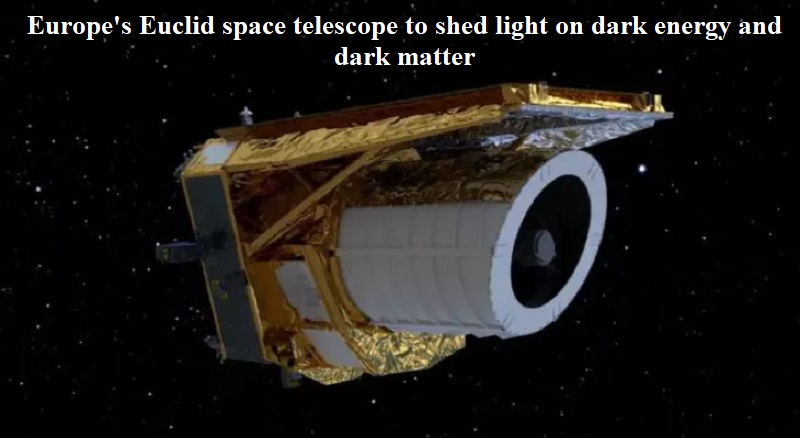
Europe’s Euclid space telescope is set to launch on Saturday, embarking on a groundbreaking mission to unravel the mysteries of dark energy and dark matter in the universe. The launch is scheduled from Cape Canaveral in Florida, utilizing a Falcon 9 rocket from SpaceX. Due to Russia’s withdrawal of its Soyuz rockets in response to sanctions, the European Space Agency turned to Elon Musk’s SpaceX as an alternative.
After a month-long journey, Euclid will reach the second Lagrangian Point, a stable position approximately 1.5 million kilometers (930,000 miles) from Earth. Teaming up with the James Webb space telescope, Euclid will create the largest-ever map of the universe, covering more than a third of the sky and surveying up to two billion galaxies. This map will provide insights into the universe’s history, capturing light that has traveled for 10 billion years.
The primary objective of the Euclid mission is to address the “cosmic embarrassment” that 95% of the universe remains unknown to us. Scientists believe that around 70% of the universe consists of dark energy, an unknown force causing accelerated expansion, while dark matter makes up 25% and binds the universe together. Euclid aims to be a “dark detective,” using its instruments to observe the shape and distance of galaxies, as well as employing weak gravitational lensing to detect the presence of dark matter.
The wide field of view of Euclid distinguishes it from other space telescopes, enabling it to identify exotic objects like black holes. By studying dark energy’s impact on the universe’s expansion, scientists hope to gain a deeper understanding of its nature. Additionally, Euclid’s comprehensive map of the universe is expected to provide valuable data for various areas of astronomy, including the evolution of galaxies and black holes.
The first images from Euclid are anticipated after scientific operations commence in October, with significant data releases planned for 2025, 2027, and 2030. The mission, with a budget of 1.4 billion euros ($1.5 billion), is projected to run until 2029, possibly longer if successful. Europe’s independent space exploration capabilities have been limited due to the termination of cooperation with Russia and delays in the development of the Ariane 6 rocket.

Post Your Comments